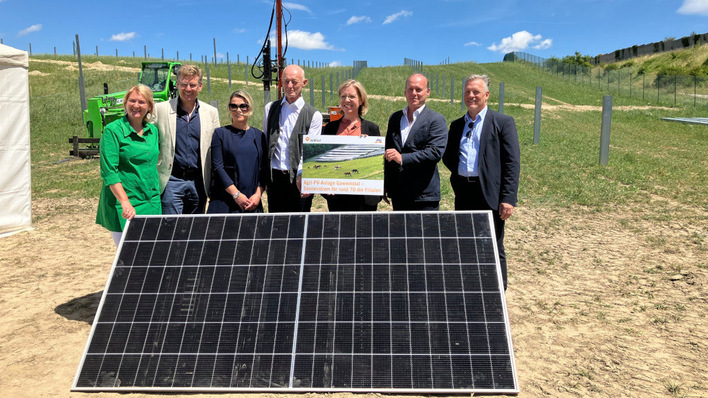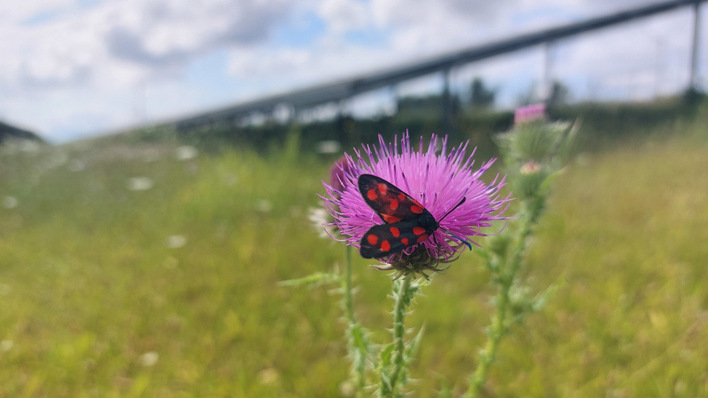The demand for renewable energy has led to an increase in solar panel installation on agricultural land, despite the fact that agricultural land is a limited resource that must also meet the world’s rapidly increasing food needs. Agri-PV involves the installation of solar panels over agricultural land so that crops can be grown and cultivated rationally under the panel, while renewable energy is generated. This system has the potential to maintain food production on a larger scale in a world affected by climate change while ensuring renewable energy production. However, there are still many technical and economic challenges associated with Agri-PV that this project aims to address.
See also: Flexible and multiple uses of existing land with printable solar cells
The project will explore the potential benefits of Agri-PV, including renewable energy and food production on the same area, intensive use of field robots, increased biodiversity, the technical and economic viability of the system, and the acceptance of farmers and the surrounding community. The project will include the installation of a 2-hectare pilot plant on a typical eastern Danish agricultural area, investigate the potential and challenges of growing crops in the plant, and monitor its performance over a five-year period.
Also interesting: Obstacles continue to slow down agri-PV in Germany
The project starts in April 2023, and the installation of the pilot plant at AU Flakkebjerg in Slagelse Municipality is planned for later in the year. Construction of the Agri-PV can commence when a rural zoning permit is obtained, and a decision is expected within the coming weeks, followed by a four-week appeal period. (mfo)








